Recently, taking advantage of some cultural, literary and artistic events that have caused a stir on the internet, many Vietnamese-language media outlets overseas and personal accounts on social networks with hostile ideologies have tried to promote the so-called "saying differently" and "saying the opposite"...
They incite that, to become famous, authors must “say differently” and “say the opposite” in their artistic work. In fact, this is a dangerous trick to incite and entice the literary and artistic environment to go against the Party’s direction.
What to see from the implied attitude
Taking advantage of the cultural and artistic life to spread reactionary ideas, sabotage the Party's ideological foundation, and go against the interests of the nation and people... is not a new trick. It has appeared and existed for a long time and hostile forces have thoroughly exploited it to incite and attract the public. In recent years, when cyberspace has become a "second world " of human life and society, the plots and tricks of taking advantage of cultural and artistic life and the entertainment market to sabotage the country in the ideological and cultural fields of hostile forces have become more complicated.
To create a crowd effect, they are willing to create a "model" of famous writers and artists from extremists, discontented, degraded people... and try to paint them into "idols" to lure and deceive the public. For example, a Vietnamese writer with degraded ideology, who left the Fatherland to live abroad, was awarded a literary prize by the French Academy last April. From this story, some media organizations with hostile ideology towards Vietnam overseas have carried out campaigns to paint "idols"; distort the domestic literary and artistic environment, defame and degrade patriotic writers. They propagate that, if Vietnamese writers and artists want to be famous, want to become famous, they must learn to "speak the opposite", "speak differently" from the Party's viewpoints and policies. They speculate about creative freedom, about "liberal" thinking, overcoming barriers and prejudices to reach international level...
 |
| Illustration: Propaganda Magazine |
Looking back at the main developments of the cultural and artistic life in the renovation period, especially in the recent period, we clearly see the breakthroughs of integration. Thanks to the promotion of exchange and integration activities according to the Party's orientation, the cultural and artistic life has had a remarkable improvement. For example, in the field of cinema. Many famous overseas Vietnamese directors returned to the country to make films, bringing a new breeze. Many films have good content and artistic value, praising the revolutionary heroism of the nation; vividly reflecting close-up perspectives on the history of the struggle against foreign invaders and national liberation; praising the beauty of the country, culture, and Vietnamese people... through typical slices, which have been enthusiastically received by the public. That achievement has created motivation and encouragement for domestic artists to overcome, innovate, and renew themselves to compete with overseas Vietnamese colleagues and imported international products.
However, the integration of literature and art is also an environment where hostile forces, through the media and cyberspace, spread and steer reactionary ideologies that go against the interests of the nation and people. Ten years ago, when he was still alive, writer Le Van Thao, former Chairman of the Ho Chi Minh City Writers Association, in an interview with the People's Army Newspaper, emphasized that what he and other writers who had fought through the war were most concerned about was the appearance of "allusive" attitudes in literary and artistic creations. Taking advantage of the fictional nature of literature and art, many authors expressed creative tendencies that went against the Party's viewpoints and policies through allusions, because they were infected, incited, and influenced by hostile ideologies from outside. The consequence of that “implied” way of thinking is that some artists have degraded in political ideology, left their homeland to live abroad, used their own pens, life experiences, and inner emotions to “speak backwards”, “write backwards”, harming the ideological foundation of our Party. There have even been a few famous artists who have been lured into participating in films with content that distorts the resistance war against the US to save the country, distorting and blackening the image of Uncle Ho’s soldiers during the war...
If in the past, the way of speaking, writing, and expressing characters in an "allusive" way was expressed intuitively, intuitively... now, facing the wave of multi-dimensional public opinion, they promote an ambiguous, ambiguous attitude... With this form of expression, in many literary and artistic works, the national cultural identity, regional nuances, and history of the homeland and country appear distorted, hybrid, and deformed. From a legal perspective, it is very difficult to find fault with this ambiguous, allusive way of thinking. However, from the perspective of ideological and cultural work, when each thing deviates a little, each thing is distorted, hybridized, and deformed... the long-term consequences for the national culture and the future of the young generation are very unpredictable...
Recently, in the life of the arts and entertainment market, there have appeared a number of works with such manifestations. Media opinions have shown multi-dimensional perspectives. Controversies have erupted not only on cyberspace forums but also attracted the participation of many experts, managers, analysts, and dissector from many different perspectives and angles. In some cases, the noise on cyberspace about this issue has even become a topic on the National Assembly 's agenda.
FROM AESTHETIC TASTE TO AESTHETIC CAPABILITY
Looking at the developments in cultural life, literature and art, every time there is a work or product that causes a “fever”, we clearly see the comprehensive impact of the cyberspace effect. It clearly shows the two sides of a problem. Firstly, the crowd syndrome from collective “trances”, it can create an extremely strong attraction, pulling everything, every element in that flow into it.
If it is a good trend, beneficial to social life, serving the interests of the nation and people, it will be very beneficial for propaganda, education, and promotion of good values to the people and international tourists. However, if it is a product containing harmful elements, the ambiguity in artistic views is like a disease-causing virus, penetrating the thinking and tastes of the public, causing unpredictable danger. Secondly, thanks to the strong effect of cyberspace, it will help authors, experts, and managers to look at issues from multidimensional perspectives, thereby screening, evaluating, and orienting creativity according to the Party's viewpoint.
In the coming years, our country will have many major holidays, including the 80th anniversary of the founding of the Vietnam People's Army and the 50th anniversary of national reunification. In the fields of culture, literature and arts, hostile forces have been and are continuing to promote propaganda campaigns, launching bad and toxic products; using the media and cyberspace to encourage and entice authors to "say the opposite" and "say differently" in order to distort, blacken, and distort the image of Uncle Ho's soldiers and the history of the revolutionary struggle. They use allusions, innuendos, ambiguities, and comparisons of Saigon-Ho Chi Minh City with major cities that have had and are having armed conflicts in the world... to distort the history and culture of the Southern region and the struggle of the Southern people, which greatly contributed to national liberation and national reunification under the leadership of the Party. These are dangerous manifestations aimed at inciting ethnic hatred, plotting to separate the history and culture of the South from the national culture and history, and territorial integrity.
One of the common manifestations today is that they promote and praise the achievements of Nguyen Anh (Lord Nguyen, King Gia Long), considering the character who “carried a snake to bite his own chicken” in the history of the nation as a “hero”, “ancestor” of the history and culture of the South. Unfortunately, there have been some people in the creative community who have wavered, been drawn into this way of thinking, so in some literary and artistic works, they have exaggerated, sanctified the achievements, obscured the crimes of Lord Nguyen (King Gia Long), distorted history, obscured, distorted the cultural nuances and good nature of the people of the South.
From a distorted perspective on this character, hostile forces apply associative thinking to entice and lead the public to misunderstand the history of the struggle against foreign invaders, national liberation, and the image of Uncle Ho's soldiers in the hearts of the people of the South.
To create a spiritual and cultural potential to firmly protect the Party's ideological foundation and defeat the "peaceful evolution" plot of hostile forces in the field of culture and arts, we must adhere closely to the Party's viewpoint. The 13th Party Congress documents clearly stated the task: "Proactively enhance the resistance of all classes of people, especially youth, against harmful foreign cultural products"...; "Enhance the role of culture and arts in nurturing the soul and personality of Vietnamese people, especially the young generation"...
Thus, the fundamental and long-term solution is that we must proactively enhance resistance, in other words, consolidate and enhance political capacity among the people, especially the youth. To orient aesthetic tastes, we must build aesthetic capacity. With the function of aiming at "truth, goodness, beauty", no matter from which perspective it is expressed, in cultural life, literature and art, national identity is an unambiguous value, national territory, national history is a value that cannot be distorted or reversed.
The rules of screening, receiving, adapting and eliminating culture are the balance of fairness, the impartial measure to affirm the true value of works and products of literature and art. Cultural workers, cultural management staff and experts in assessing the quality of literature and art products at all levels need to closely follow the laws and consistency of the Party's viewpoints to make comments, assessments and forecasts; from there, there will be solutions to orient public opinion and orient creativity and artistic work in the right way. We should not be led by public opinion leading to "cutting the plow in the middle of the road", creating an excuse for hostile forces to distort and sabotage, nor should we rely solely on legal regulations to express our opinions in an extreme, arbitrary and mechanical way...
( According to qdnd.vn )
.
Source


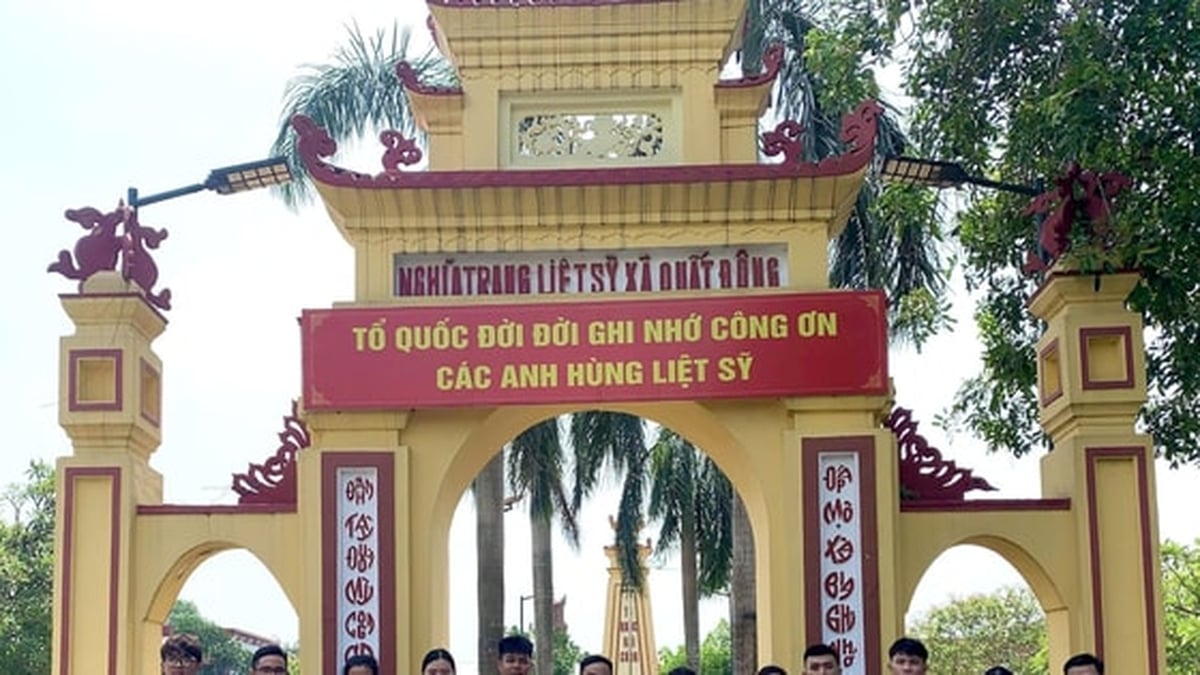
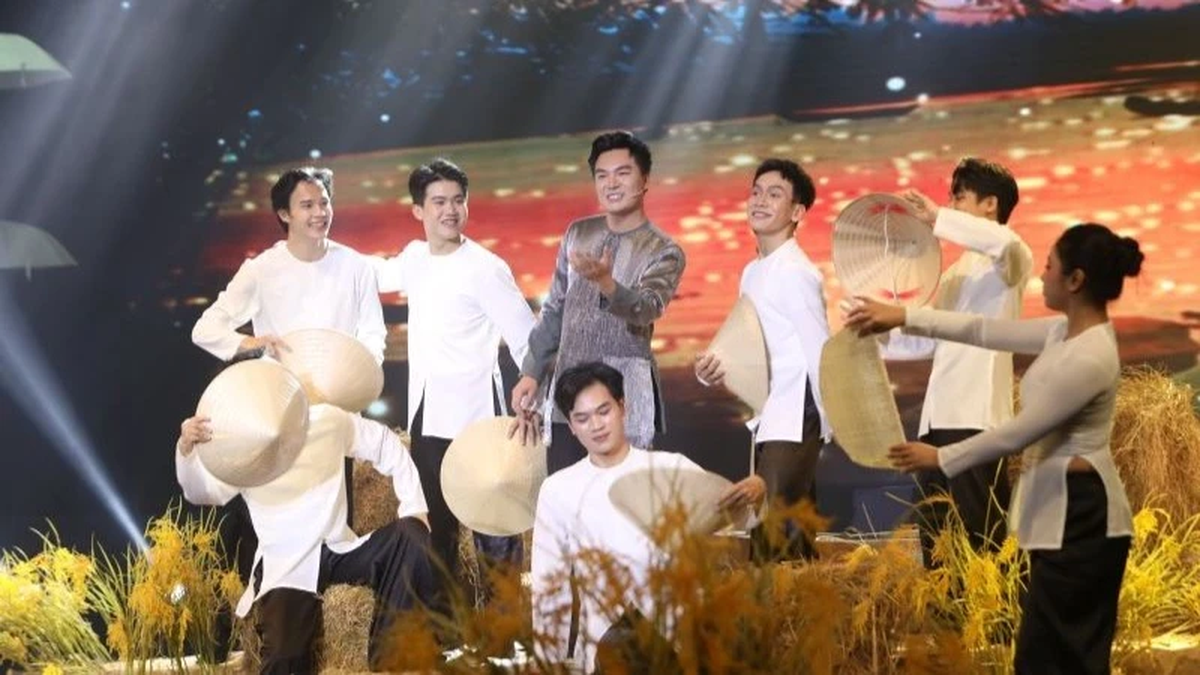
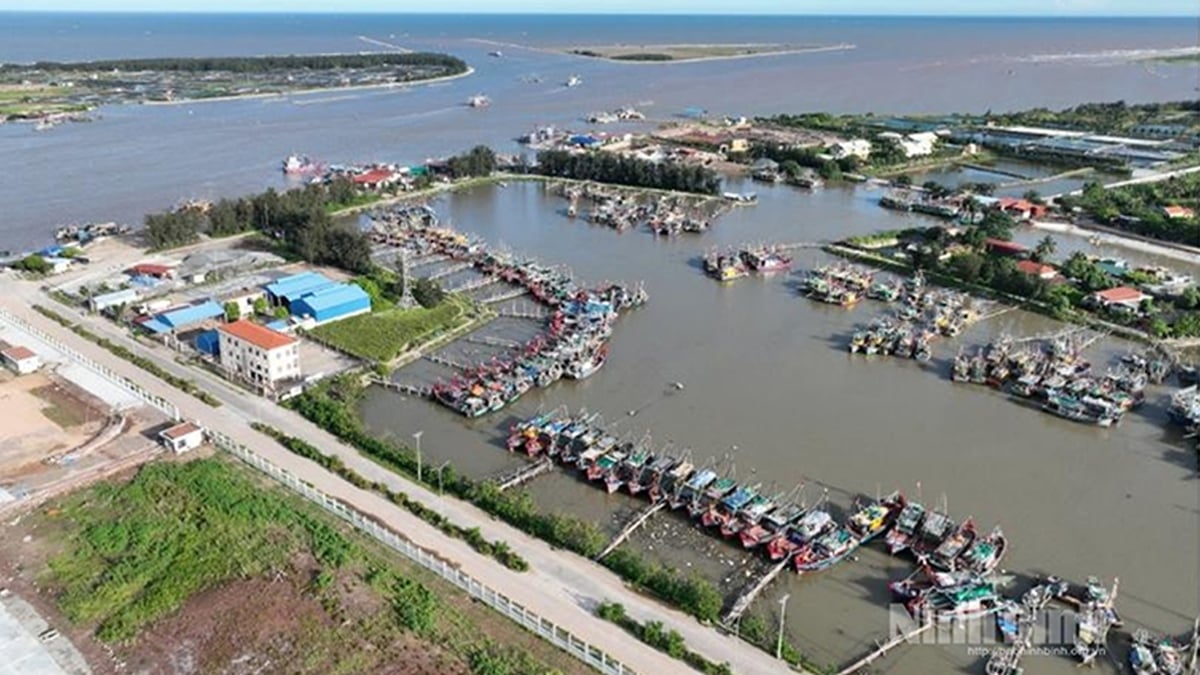
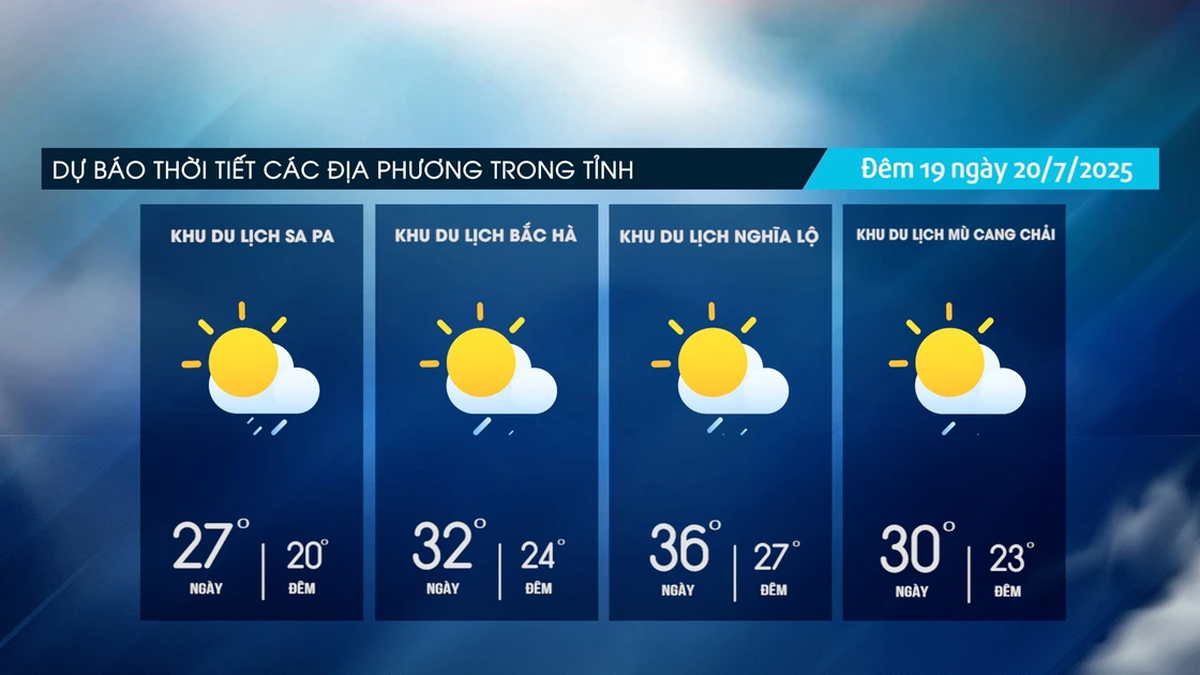


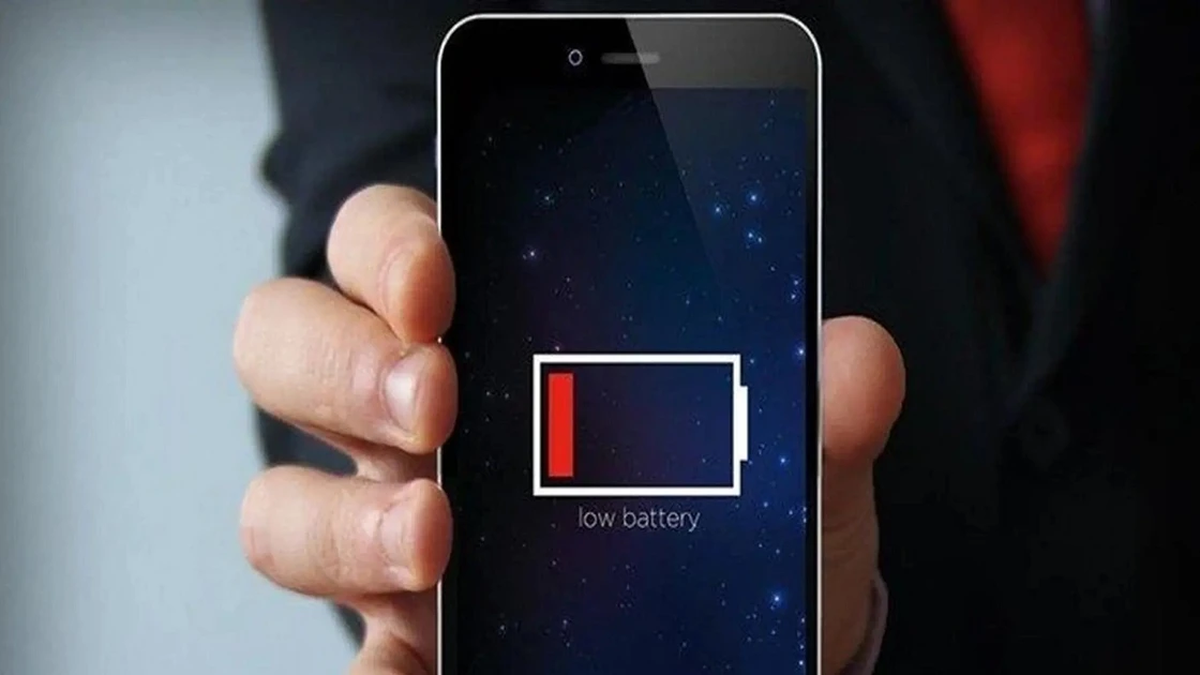

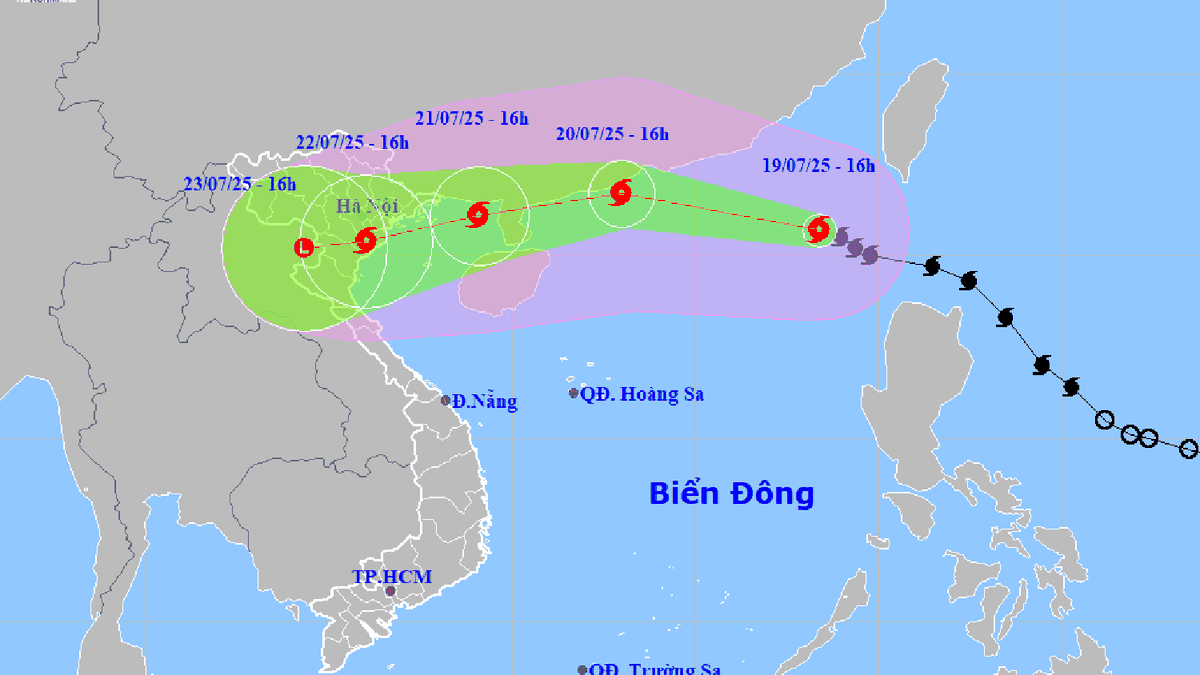
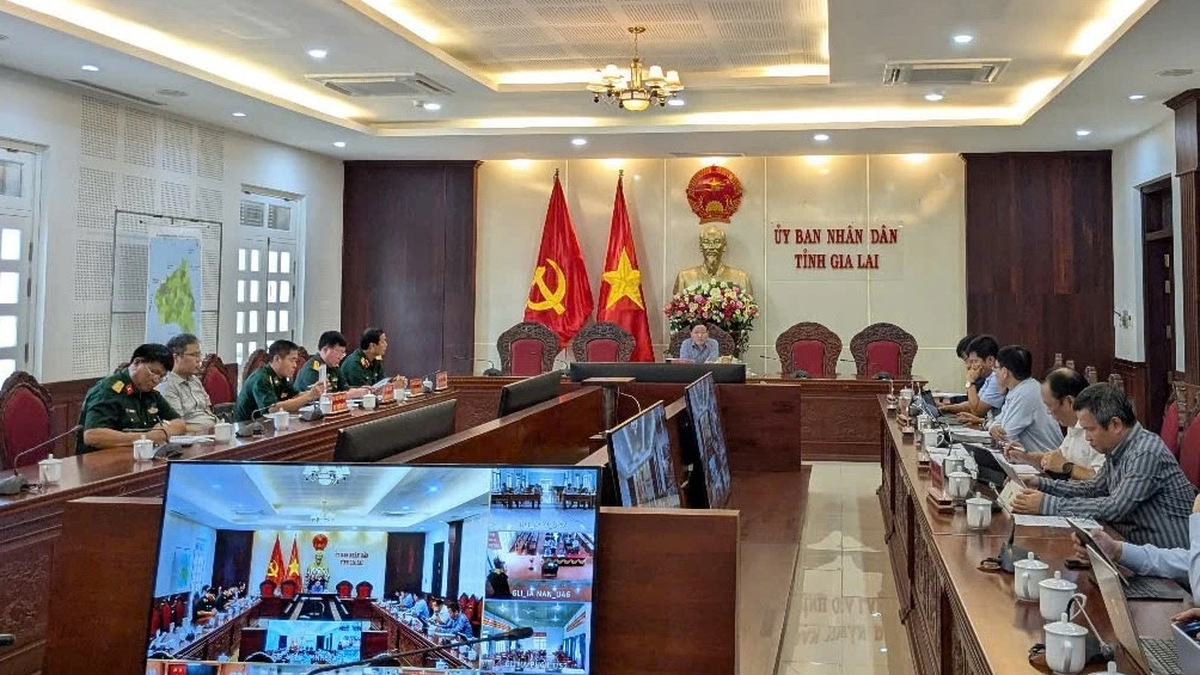






















































































Comment (0)